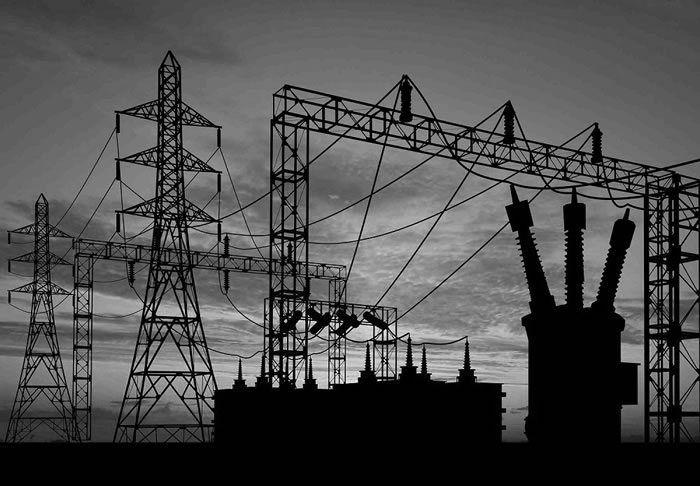The Africa Centre for Energy Policy (ACEP) is calling for coherence between the Electricity Company of Ghana (ECG) and the Energy Commission (EC) in addressing energy crisis the country has suffered for almost three years.
According to ACEP, Energy Commission is unaware of the recent agreements between the ECG and Karadeniz Holdings, Turkish Power-ship maker to supply 450MW to the country’s electricity grid annually by means of floating power stations for a period of 10 years.
A statement issued and signed by the Executive Director of ACEP, Mohammed Amin Adam indicates that even though the Energy Commission is supposed to approve the Power Purchase Agreement, it is not aware of ECG’s arrangement with Karadeniz Holding. ACEP argues that this is not the best way of handling a crisis of this nature but rather it highlights certain disjointedness in the institutional arrangement.
The statement also added that, tariff setting is still an issue of concern to many Ghanaians, as the floating power stations are considered to be expensive in which they requires high and sustained sufficient tariffs to compensate for higher investment and operational costs. The public confidence in the utilities to provide a stable power supply with increased tariff has consistently waned on the back of failed promises. The challenge now is to show credibility through operational measures to improve the distribution system which will ensures available power to the consumer.
Karadeniz Holding is a reputable power company in Turkey with a track record of supplying power through floating ships which berth on the shore.
Africa’s largest infrastructure deficit is in the power sector. Whether measured in terms of generation capacity, electricity consumption or security of supply. Africa’s power infrastructure delivers only a fraction of the service found elsewhere in the developing world. The 48 countries of Sub-Saharan Africa with a combined population of 800 million generate roughly the same amount of power as Spain with a population of 45 million.
The power supply deficit in the Africa region stands at an estimated 100,000MW which provides an opportunity for establishment of floating power stations and attracts other countries to consider it as a short-term measure in providing needed power to cushion their demand.

Leave a Reply